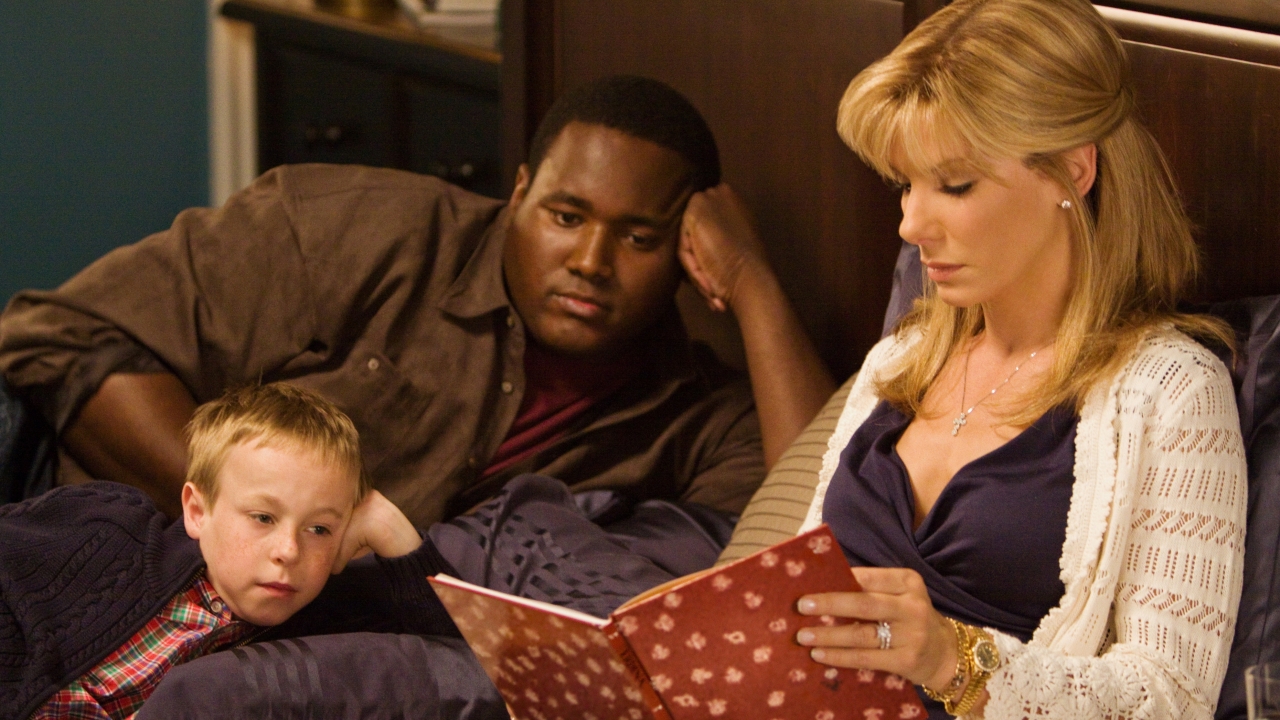Navigating the Uncertain Future of Sony's Spider-Man Cinematic Universe: Lessons Learned from the Challenges of Building a Shared Universe in Hollywood
News - 17 February 2024

Creating a successful film universe like the Marvel Cinematic Universe (MCU) is no easy feat. Many Hollywood studios have attempted to replicate the success of the MCU, with mixed results. Warner Bros.
launched the DC Extended Universe (DCEU), Universal attempted the Dark Universe, and Sony Pictures has been working on a Cinematic Universe centered around the Spider-Man characters they own the film rights to. However, the future of this cinematic universe is uncertain.In the 1990s, Marvel Comics faced financial difficulties and sold the film rights to many of their iconic characters to different studios.
For instance, 20th Century Fox acquired the X-Men, Fantastic Four, and Daredevil, while Sony Pictures gained the rights to all Spider-Man-related characters. Sony wasted no time in capitalizing on this by launching Sam Raimi's Spider-Man films, which proved to be successful.Following the disappointment of Spider-Man 3, Sony decided to reboot the franchise with The Amazing Spider-Man starring Andrew Garfield.
While they initially had plans to expand this into a cinematic universe, they ultimately partnered with Disney/Marvel Studios after The Amazing Spider-Man 2 failed to meet expectations. The collaboration with Marvel Studios has been fruitful, but in 2018, Sony decided to venture into a new cinematic universe with Venom, focusing on Spider-Man villains and potentially setting the stage for the debut of the "Sinister Six" to confront Tom Holland's Spider-Man.Sony has released four films within their cinematic universe so far, with only the Venom movies achieving success.
Morbius underperformed at the box office, and early indications suggest that Madame Web, the latest addition to the universe, may suffer a similar fate. With two more Sony Marvel films - Kraven the Hunter and Venom 3 - slated for release this year, the fate of Sony's cinematic universe hinges on their reception. If these upcoming films do not resonate with audiences, Sony may decide to end this cinematic universe sooner rather than later.
As the future of Sony's cinematic universe hangs in the balance, it raises questions about the challenges of building a successful shared universe in the film industry. The MCU's success is a testament to intricate planning, cohesive storytelling, and interconnected characters over multiple films. While other studios have attempted to replicate this model, they have faced hurdles along the way.
Warner Bros.' DCEU initially struggled with tone consistency and critical reception but found its footing with hits like Wonder Woman and Aquaman. Universal's Dark Universe, intended to revive classic monster movies, faltered after the lackluster performance of The Mummy.
Sony's attempts to establish a successful cinematic universe with Spider-Man characters have been met with mixed results, with the success of the Venom films overshadowed by the disappointments of Morbius and potentially Madame Web.The challenges of creating a successful cinematic universe lie in balancing fan expectations, creative risks, and financial viability. It requires a delicate blend of storytelling, character development, and world-building to engage audiences and sustain interest over multiple films.
The MCU's success is a rare achievement that few have been able to replicate, despite numerous attempts by other studios.As Sony navigates the uncertain future of its cinematic universe, the ultimate decision to continue or terminate the franchise rests on the box office performance and critical reception of upcoming releases. The landscape of shared universes in Hollywood is ever-evolving, with each studio facing unique obstacles and opportunities in their quest to create a compelling interconnected storytelling experience for audiences worldwide.
Only time will tell if Sony's Spider-Man cinematic universe will endure or meet its end in the face of mounting challenges and uncertainties.











